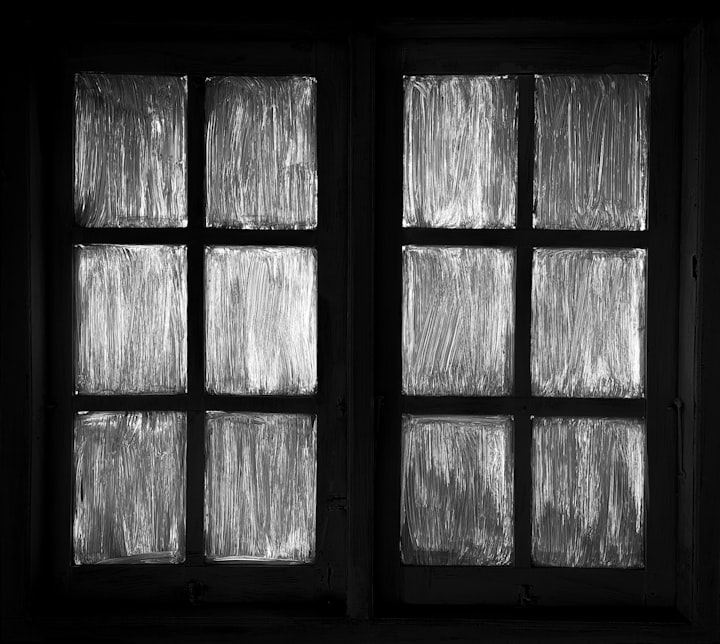
Case Summary
Joseph Fritzl is known for assaulting, sexually abusing, and raping Elizabeth (his daughter) and keeping her captive in a cellar in the basement of his house for 24 years.
During this time, the incestuous abuse resulted in seven children, out of which one was miscarriage at 10 weeks due to lack of prenatal care. Out of remaining 6 children, three of them remained in captivity with their mother and the other three were brought up by Fritzl and his wife, Rosemarie, having been reported as foundlings.
Currently, Fritzl is serving his life sentence in a special prison unit for the criminally insane in Austria’s Krems-Stein prison.
As mentioned earlier, the case information is based on the psychiatric assessment made by Adelheid Kastner before the legal trial.
He is diagnosed with severe combined personality disorder and a serious sexual disorder by Adelheid Kastner in her psychiatric assessment before the legal trial.
The present problem includes overwhelming desire to exert power – to dominate, control and possess another person, violent sexual fantasies involving death, rape and dominance, serial rapist who raped two women and biological daughter and suspected in two other rapes and repeated indecent public exposure to women.
Analysis
Biopsychosocial model is used to analyse the case and psychoanalytic perspective appears to be the most suitable school of thought to look at the case from.
Pioneered by Sigmund Freud, based on observation of his clients, this school believes that the major cause of all conflict rests within one’s unconscious, which includes repressed childhood memories of traumatic life events.
All unwanted thoughts, feelings and desires are present within the unconscious. When these urges threaten to become conscious, they lead to anxiety and various psychological problems. Psychoanalysis, the theory and therapy based on Freud’s ideas, has formed much of the basis of modern psychotherapy (which involves helping the client gain an insight into his/her behaviour).
Joseph Fritzl’s behaviour had its roots in his troubled childhood, describing a mother who did not love him, who left him to cry when he was in pain, and who regularly beat him and left him on his own for hours at a time.
Due to this, he developed an ambivalent attachment style towards his mother which had further implications on his adult relationships.
Fritzl could never form any secure attachment with any of his children and ran his house like military boot camp, insisting his children always call him “sir” and would frequently beat them. He raised his children just the way he himself was raised.
He had a need to compensate for the years during which his mother had dominated him and he fulfilled his need by controlling and dominating his wife and children as well as raping women.
In addition to this, due to his abusive mother he was also predisposed to seeing and acting abusively genetically. Other than this, his early life was troubled and haunted by a poor social background to relate to, meaning he potentially showed lack of appreciation, perhaps slight ignorance for the emotions and attitudes of others.
Along with this, one major incident took place when his urinary tract infection remained untreated for a long period of time due to lack of funds. This led to development of a sense of helplessness and resentment towards his mother.
In addition to this, the absence of father figure (his father was thrown out of house by the mother) in his life, he developed hatred towards his father and a sense of reverence and love for his mother. He developed an Oedipus complex towards his mother.
The Oedipal complex is a term used by Sigmund Freud (1899) in his theory of psychosexual stages of development to describe a child’s feelings of desire for his or her opposite-sex parent and jealousy and anger toward his or her same-sex parent.
However, due to the missing father figure, successful completion of this stage involving identifying with the same-sex parent which would have ultimately led to developing a mature sexual identity, couldn’t take place.
He became fixated on the stage and it led to him being “mother-fixated”. Maybe this could have been a major contributing factor in him only raping Elizabeth out of all his children since she reminded him of his mother. He was possessive towards her and would violently punish her if she ever dared to wear makeup or dress in what he considered to be sexually provocative clothes.
He treated her exactly the same way his mother treated him in the childhood. In addition, there was a clear displacement onto Elizabeth. While, Fritzl was sexually attracted to his mother and loved her, he also held deep resentments towards her due to constant abuse and maltreatment.
However, his intense love as well as societal norms made him push his negative feelings into the unconsciousness. To deal with the resulting anxiety, he used displacement (Freud, 1936) as a defence mechanism where he used Elizabeth as a substitute for the mother.
He displaced his hatred as well as sexual urges onto Elizabeth, since he knew she couldn’t fight back.
Therefore, his constant sexual urges acted as a perpetuating factor for him. Violent sex had provided the main outlet for his pent-up feelings and he continued to engage in it.
By raping women, he felt a sense of power and control, things which were, for him previously absent in his life. Locking and raping Elizabeth in the cellar provided him with a way of expressing his violent and deviant sexual urges without worrying about repercussions.
However, to protect himself against the negative factors, he used repression (Freud, 1936) as a defence mechanism.
Repression is an unconscious mechanism employed by the ego to keep disturbing or threatening thoughts from becoming conscious. Thoughts that are often repressed are those that would result in feelings of guilt from the superego.
In this case, as quoted by Adelheid Kastner, he developed strategies to learn to cope with life, including “pushing his feelings into the cellar of his soul”. She said there was “much of the volcano about him”, explaining that violent sex had provided the main outlet for his pent-up feelings.
This way, he was able to function well in the society and even had good social relations with neighbours. His good physical health also contributed to the same.
Finally, based on the symptomology as well as analysis, it can be suggested that Fritzl receive psychoanalytic therapy so that he is able to gain insight into his deeply buried thoughts and repressed experiences and emotions, from his abusive and traumatic childhood that can be brought to the surface and examined.
Free association, dream interpretation, analysis of transference etc. are the techniques that can be used.
About the Creator
Jjyoti
24. Full-time post-grad student. Part-time writer.
Support me: https://ko-fi.com/jjyoti






Comments
There are no comments for this story
Be the first to respond and start the conversation.